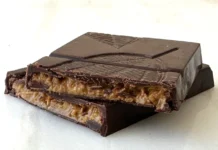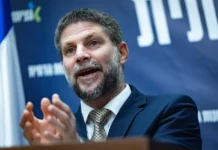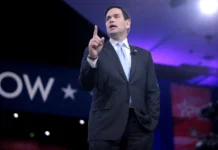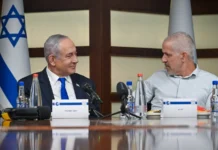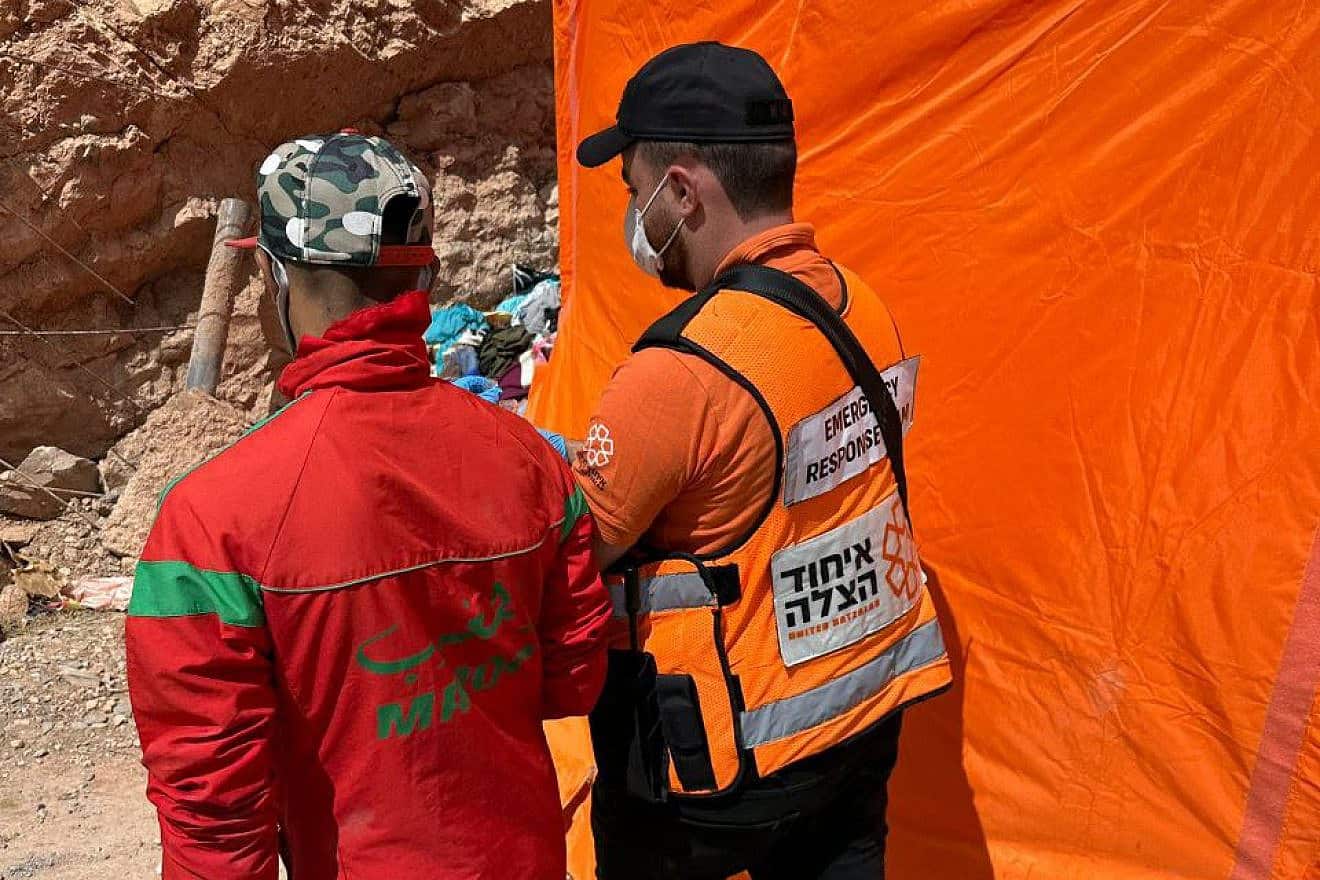United Hatzalah’s disaster-relief mission has been operating in Morocco since Sept. 10, two days after the nearly 6.9 magnitude earthquake devastated parts of the country, particularly in the west in and around Marrakesh, killing nearly 3,000 people.
The team’s first goal was to assess the needs of the Moroccan people and coordinate efforts with the government and community leaders to determine how best to assist affected citizens. The decision was made to open medical clinics in villages in the Atlas Mountains that have not yet been able to receive medical care or other assistance.
Early Thursday afternoon, the team had set up two medical clinics in different villages in the Atlas Mountains to treat injured and ill people. There are still many villages deep in the mountains that have not yet received any medical or humanitarian aid, although in many places, search-and-rescue crews are busy trying to find survivors in the rubble.
“We chose the specific villages in coordination with local leaders who told us that they have yet to receive medical care in their villages,” said Linor Attias, deputy director of emergency operations. “We are coming to be a force multiplier for local services and assist where we people have not yet received aid.”
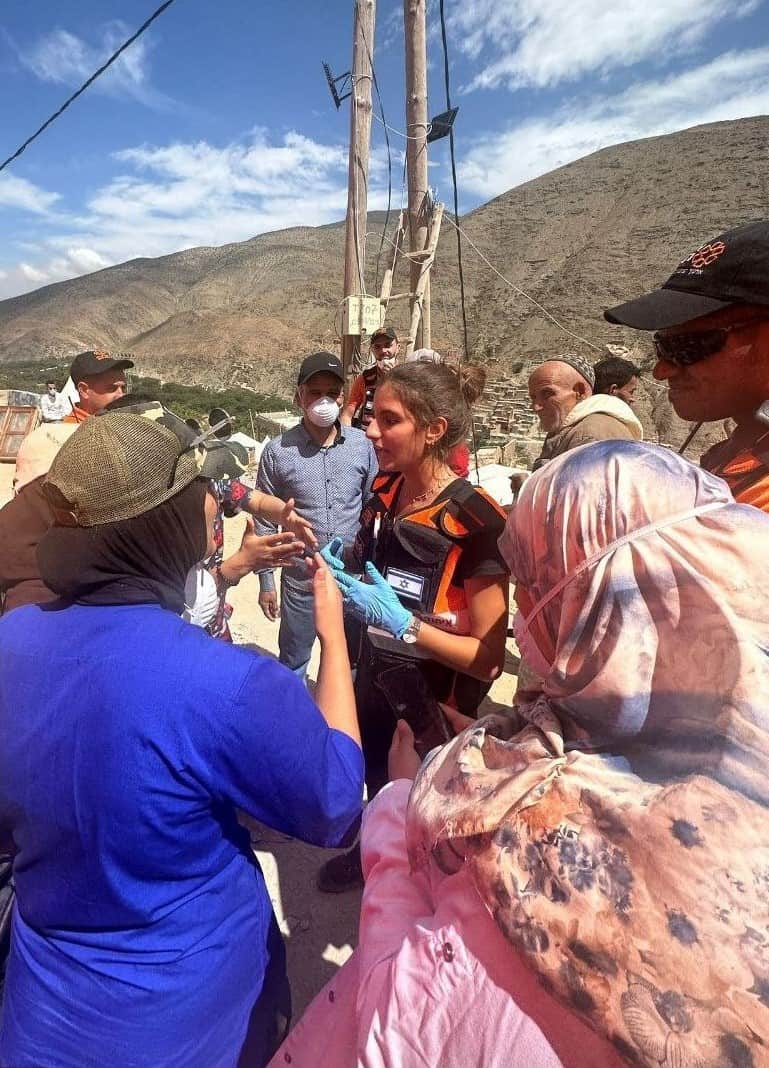
The team, which will now focus on operating the medical clinics, is comprised of both Muslim and Jewish volunteers, and includes two doctors, as well as a dozen EMTs and paramedics. Several of are Arabic and French speakers. Three of the volunteers are part of the organization’s Psychotrauma and Crisis Response Unit and can provide psychological first aid and stabilization where needed. Three other volunteers have expertise in search-and-rescue operations, including one firefighter, and one member of Israel’s search-and-rescue teams.
“We chose a diverse team with expertise in many areas to be able to respond to any situation that developed,” said mission commander Yossi Amar. “We are utilizing that diversity to best help the Moroccan people and speak to them in their own language while respecting their culture and traditions.”

